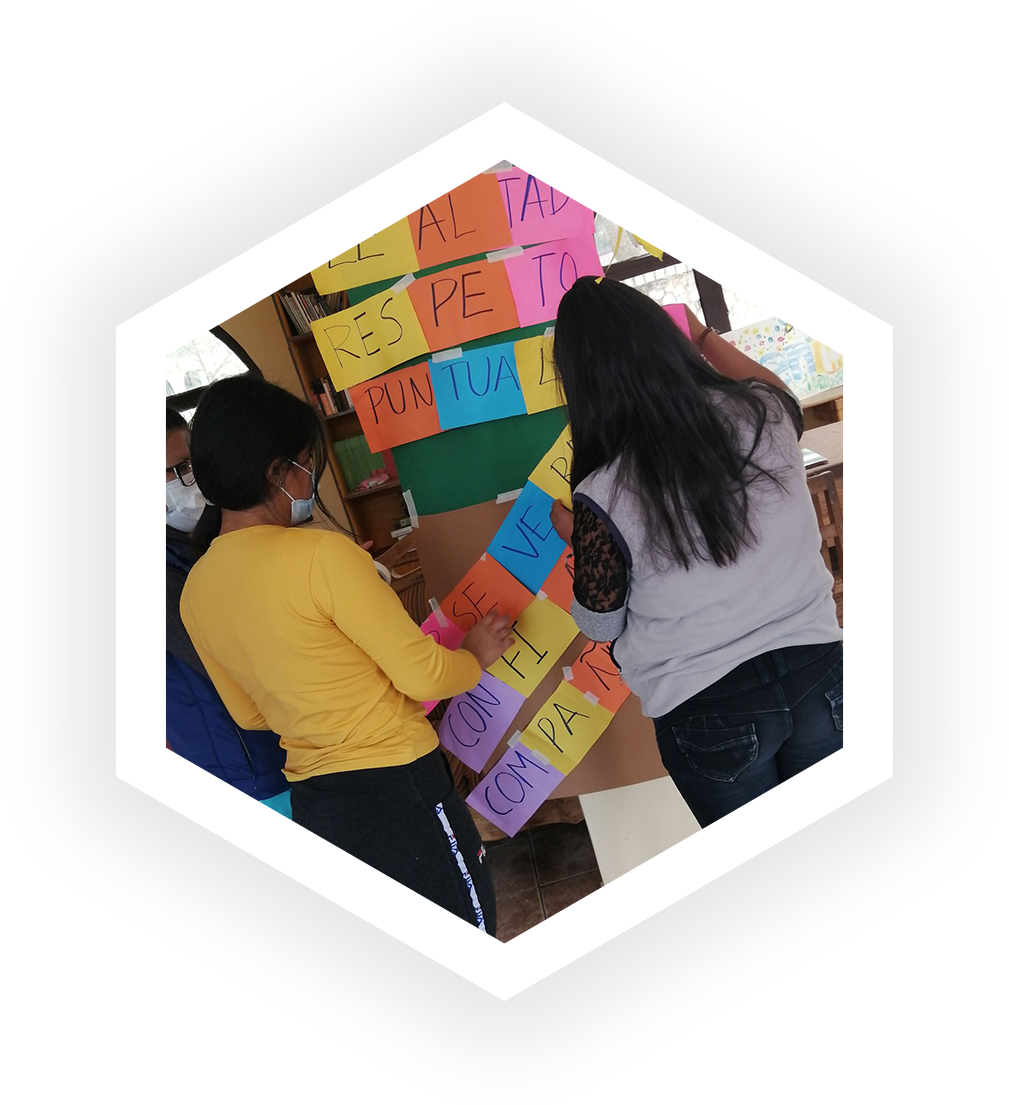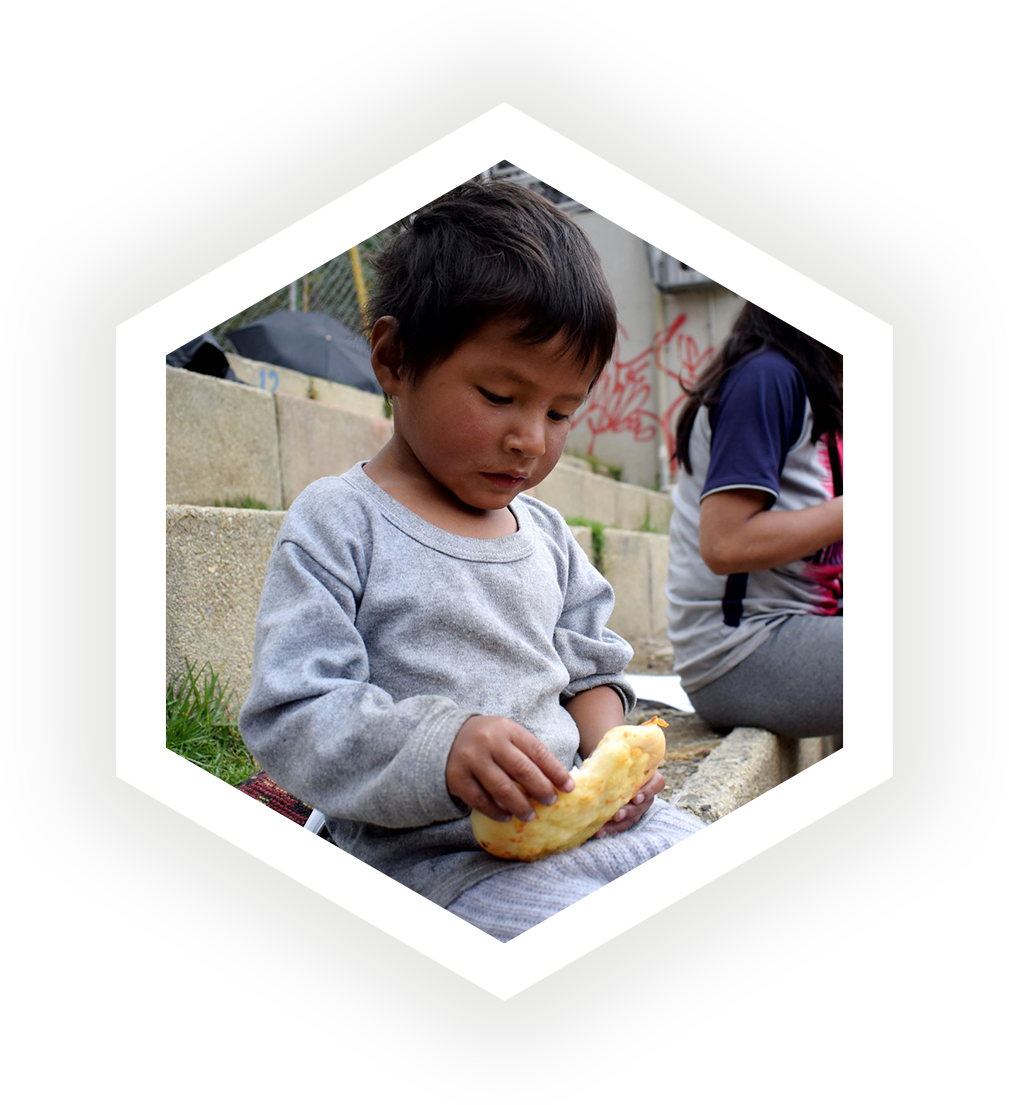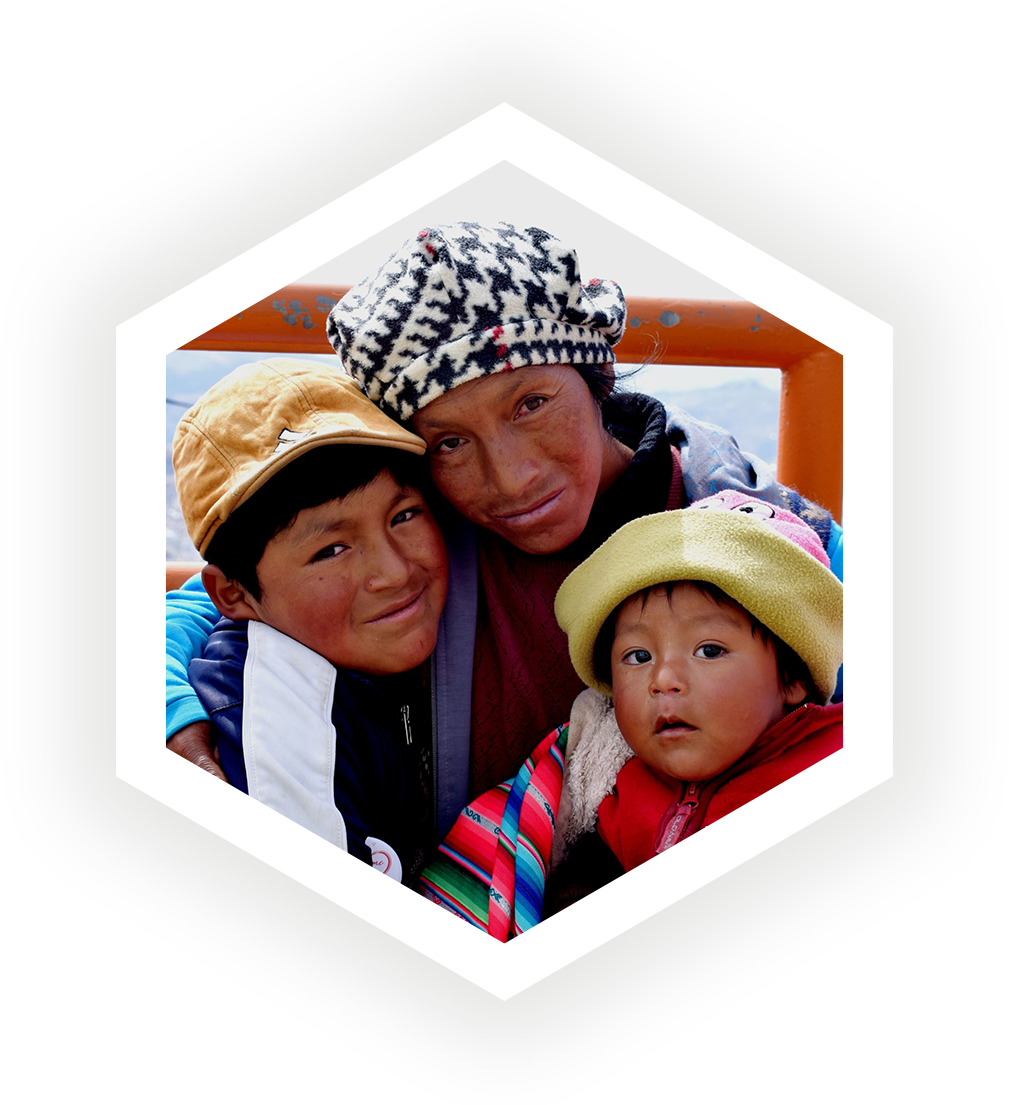The challenges
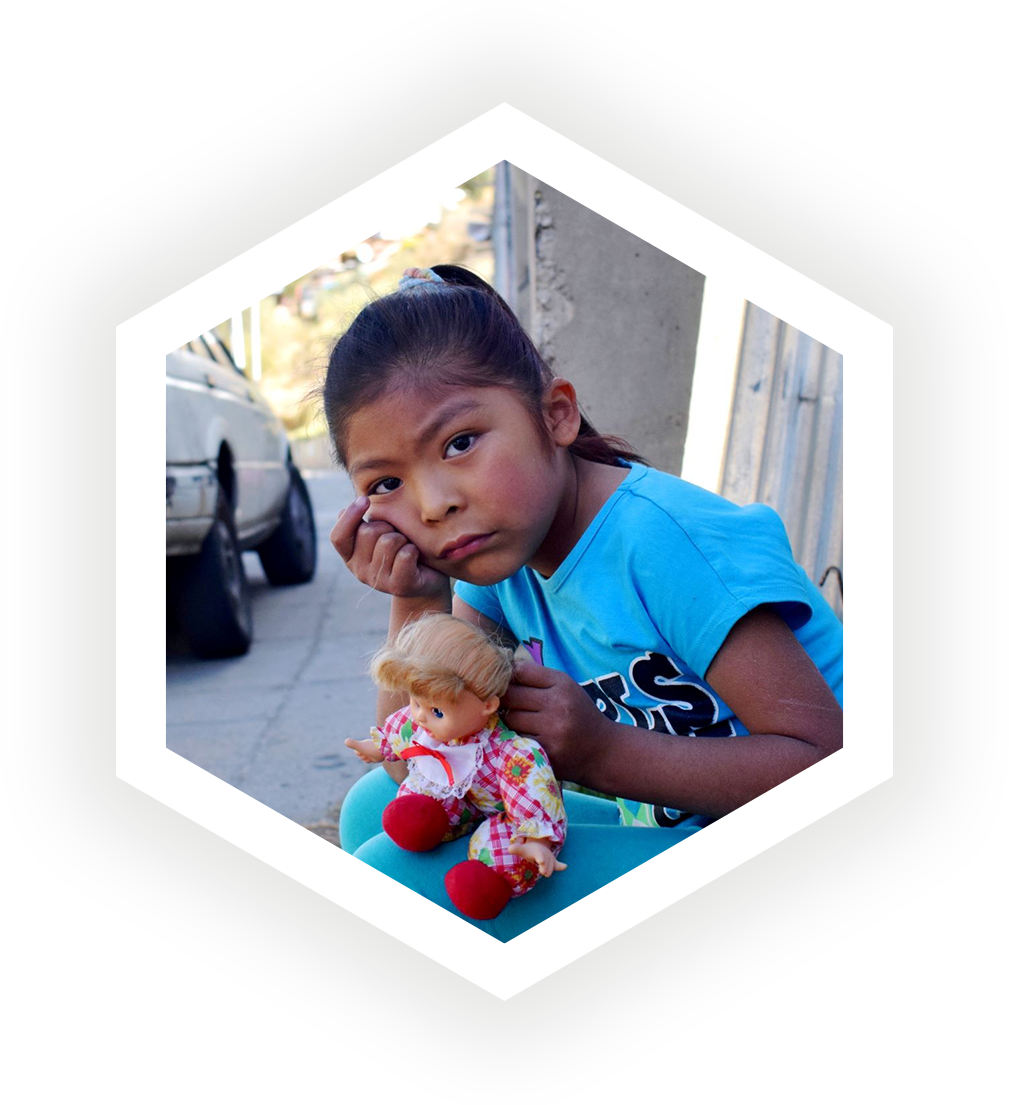
Unregistered children and children without identity documents
In Bolivia, hundreds of thousands of children are still not registered. When a child in Bolivia isn’t registered, they do not have a birth certificate or any other form of official documentation. However, every Bolivian citizen needs an ID card and these need to be updated regularly. Unregistered children live on the margins of society and national statistics do not recognise them as citizens. They also face other challenges, for example in order to receive medical attention in any health centre it is necessary to present an identity card and if a child becomes a victim of a crime, they need to present their identity card to formalise the complaint to the police. Without a birth certificate and identity card, all their rights are violated.
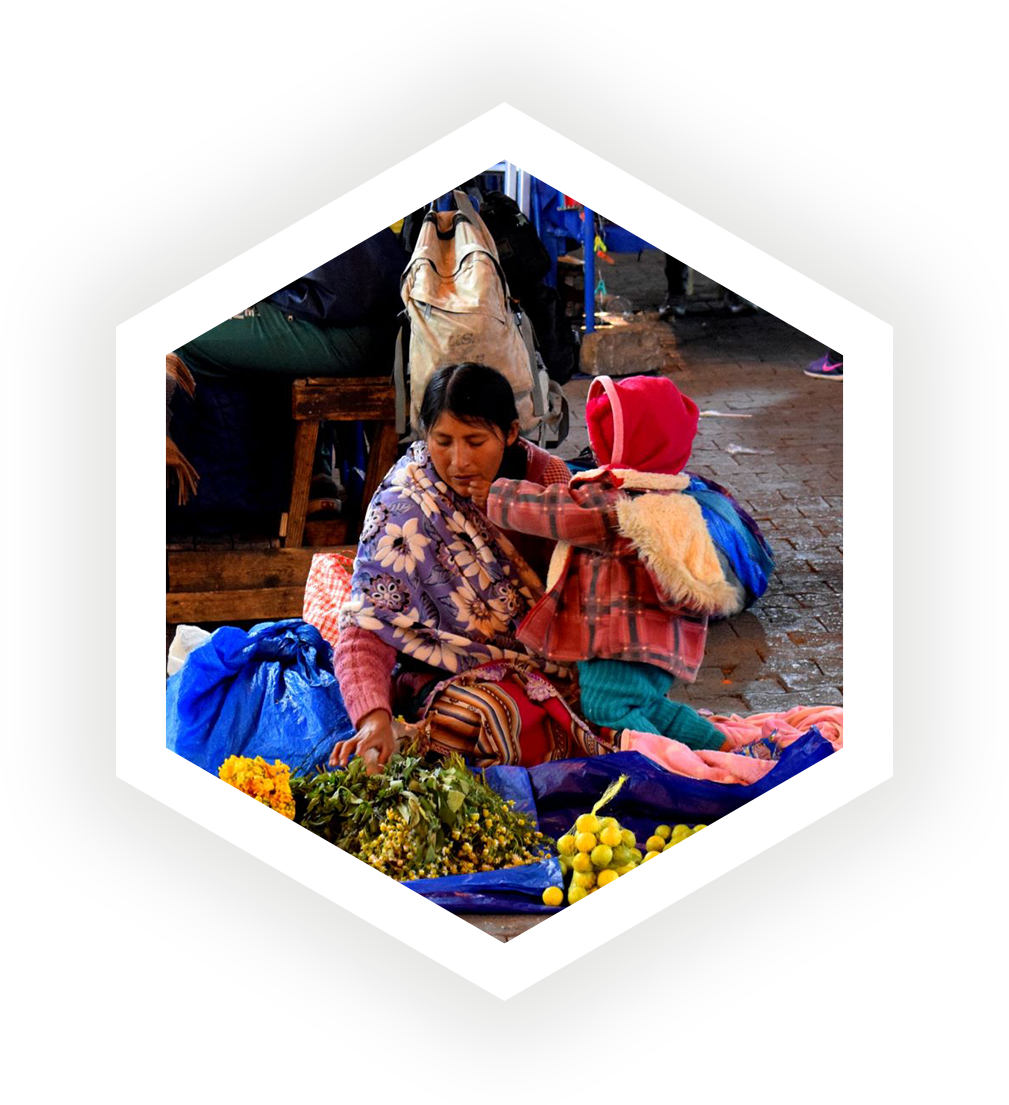
Poverty and a widespread informal work sector
Although rich in energy and mineral resources, nearly 40% of Bolivians live in poverty and nearly 14% in extreme poverty . The country ranks at or near the bottom among Latin American countries in several areas of development and health, such as education, poverty, malnutrition, mortality, and life expectancy. The country’s income inequality is the highest in Latin America and one of the highest in the world. The country’s labour market is dominated by low paid, informal work and almost 28% of children and adolescents between 5 and 17 years old actively participate in some kind of economic activity (paid or unpaid). This can take them away from being able to focus on their education while also putting them at risk of harm while undertaking unregulated work.
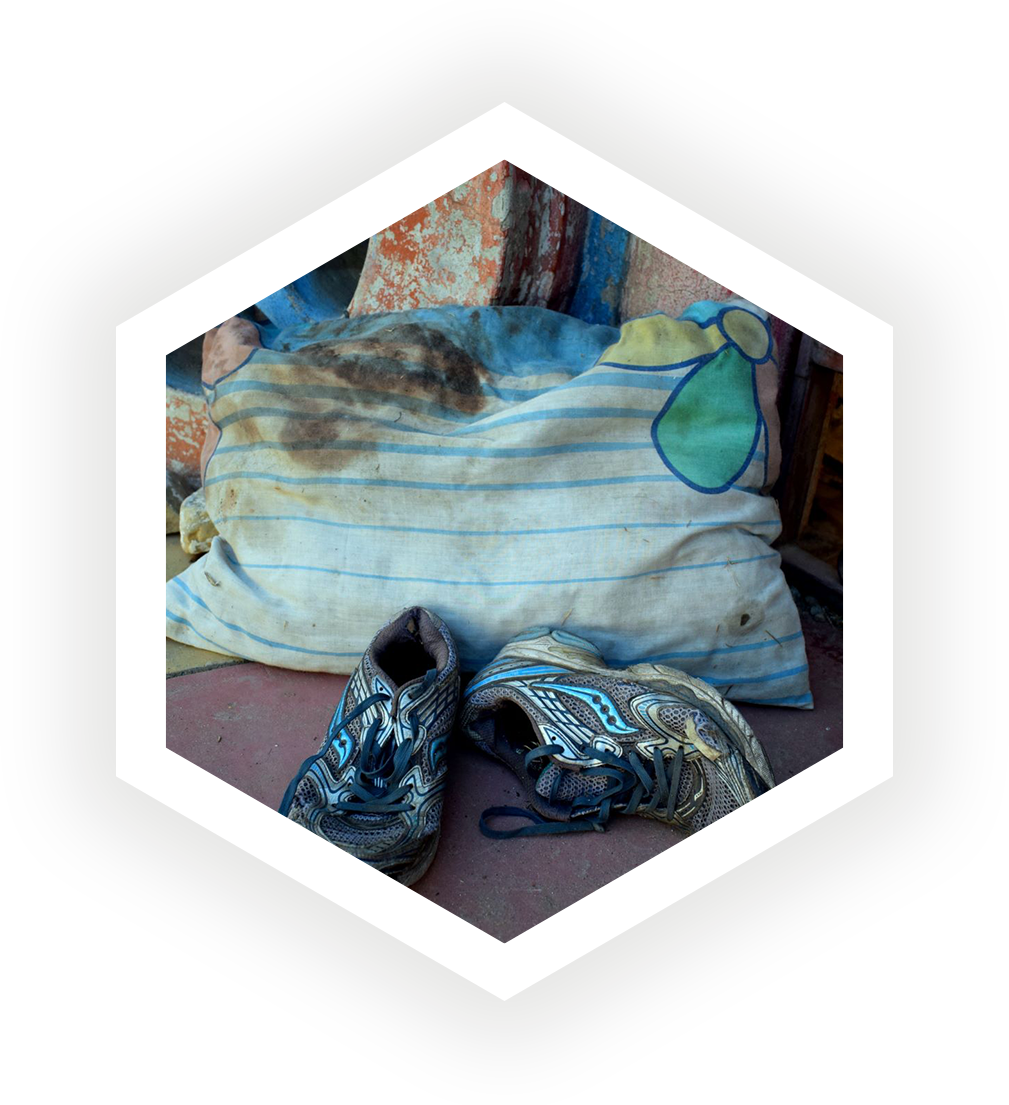
Violence in the home
Violence within the home is one of the major push factors contributing to children leaving home and ending up on the streets. In Bolivia, many children are persistently exposed to and directly experience violence at home. In 2021, there were 46 infanticides and 34,893 reported cases of violence against children, teenagers and women, equating to 95 cases of abuse a day.
